- Home Page
- More RVing Tips & Tricks
- Top Tips for Rving During Tornado Season
Top Tips for RVing During Tornado Season
Surviving A Twister
In this article, we'll discuss the top tips for RVing during tornado season and how to stay safe
Embarking on an RV adventure during tornado season can be nerve-wracking. With the recent increase in Tornado activity, it is important to understand the risk of encountering a tornado while RVing. A twister can quickly ruin your RV adventure. But, with the right preparation and knowledge, you can safely explore the great outdoors, even during tornado season. In this article, we'll discuss the top tips for RVing during tornado season and how to stay safe while experiencing the best of what nature offers.
Understanding Tornados
Tornado Season
Tornado season typically runs from late spring to early summer, with the highest number of tornados occurring in May and June. However, tornados can form at any time of the year, depending on weather conditions. It's crucial to stay informed about the weather in the areas you plan to visit during your RV adventure.
Tornado Alley
Tornado Alley is a region in the United States where tornados are more frequent. This area includes parts of Texas, Oklahoma, Kansas, Nebraska, South Dakota, and Iowa. If your RV travels take you through Tornado Alley, you must be extra cautious and stay updated on local weather conditions.
RV Safety During Tornado Season
Plan Your Route
One of the first top tips for RVing during tornado season is Planning your route to ensure a safe RV trip during tornado season. Consider avoiding Tornado Alley or areas with a high risk of tornados. Additionally, research safe shelter options along your route, such as sturdy buildings or designated storm shelters, in case you need to find refuge during severe weather.
Stay Informed
Keeping informed about the weather is crucial during tornado season. Use weather apps, sign up for weather alerts, and monitor local radio and TV stations for updates. This information can help you make informed decisions about your travel plans and whether to seek shelter.
Find Safe Shelter
If a tornado warning is issued or if you spot a tornado, it's critical to find safe shelter immediately. Your RV is not a safe place to be during a tornado. Identify sturdy buildings, like schools or community centers, to take refuge in. If no buildings are available, seek low-lying areas, such as ditches or ravines, and cover yourself with a mattress or heavy blankets to protect against flying debris.
Tornado Preparedness
Create an Emergency Plan
Before hitting the road, create an emergency plan that covers what to do if you encounter a tornado. This plan should include communication methods, emergency contacts, and designated meeting points if you get separated from your travel companions.
Assemble an Emergency Kit
An essential part of your tornado preparedness is having an emergency kit on hand. Your kit should include items like non-perishable food, water, a first aid kit, flashlights, extra batteries, a portable weather radio, and any essential medications. Also, include important documents, such as identification, insurance information, and a list of emergency contacts in a waterproof container.
Prepare Your RV
Take the time to prepare your RV for the possibility of severe weather. Ensure that all windows, vents, and doors are properly sealed and secured. Remove any loose items from the exterior of your RV, and secure things inside to prevent them from becoming projectiles during a tornado.
What to Do If You Run into a Tornado
Know the Warning Signs
Tornados can form rapidly, so awareness of the warning signs is essential. These may include a dark, greenish sky, a wall cloud, large hail, and a loud, continuous roar similar to a freight train. If you observe any of these signs, take immediate action to find shelter.
Take Immediate Action
If you're in the path of a tornado, don't waste time trying to outrun it. Instead, find the nearest safe shelter or low-lying area to protect yourself from the powerful winds and flying debris. Remember, your RV is not a safe place during a tornado, so it's crucial to leave it behind and seek shelter elsewhere.
After the Tornado
Assess the Damage
Once the tornado has passed and it's safe to do so, evaluate any damage to your RV and surrounding area. Be cautious of downed power lines, broken glass, and other hazards. Use a camera to document any damage to your RV for insurance purposes.
Connect with Others
After a tornado, reach out to family, friends, and emergency contacts to let them know you're safe. Check on fellow RVers and offer assistance if needed. In times of crisis, coming together as a community can provide much-needed support.
Conclusion
While RVing during tornado season it's essential to be prepared and take necessary precautions. By understanding tornados, planning your route, staying informed, and understanding what to do in an emergency, you can safely navigate your RV adventure during tornado season. Remember, your safety should always be your top priority.
Now that you know The Top tips for RVing during tornado season, you can get out there and start your next RV adventure.
Frequently Asked Questions
What is the peak tornado season in the United States?
What is the peak tornado season in the United States?
The peak tornado season in the United States is from late spring to early summer, with most tornados occurring in May and June.
Is it safe to travel in an RV during tornado season?
Is it safe to travel in an RV during tornado season?
While there are risks associated with RV travel during tornado season, it is possible to travel safely with proper planning, preparation, and awareness of weather conditions.
What should I include in my RV tornado emergency kit?
What should I include in my RV tornado emergency kit?
Your emergency kit should include non-perishable food, water, a first aid kit, flashlights, extra batteries, a portable weather radio, essential medications, and important documents in a waterproof container.
Where should I seek shelter if I encounter a tornado while RVing?
Where should I seek shelter if I encounter a tornado while RVing?
Find a sturdy building, such as a school or community center, to take refuge in. If no buildings are available, seek low-lying areas like ditches or ravines and cover yourself with a mattress or heavy blankets to protect against flying debris.
What should I do after a tornado has passed?
What should I do after a tornado has passed?
Once it's safe, assess any damage to your RV and surrounding area, document any damage for insurance purposes, and reach out to family, friends, and emergency contacts to let them know you're safe. Offer assistance to fellow RVers and connect with others for support.
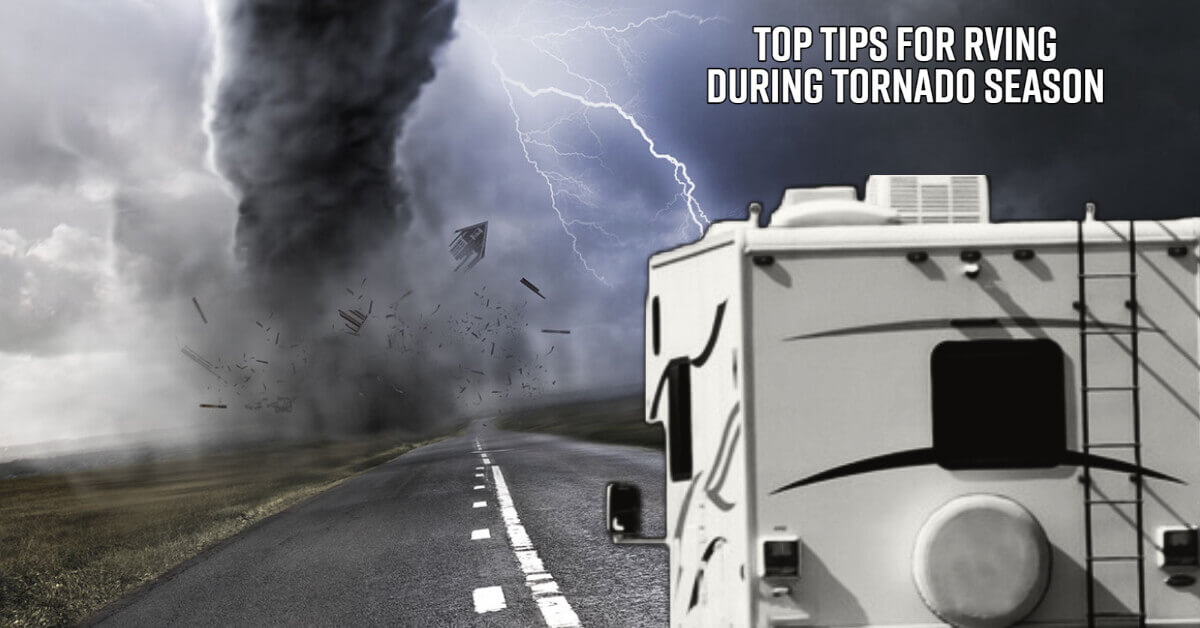
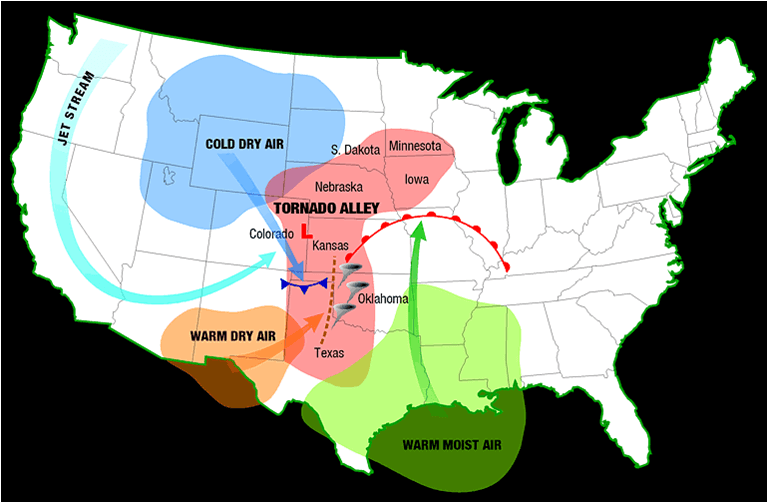
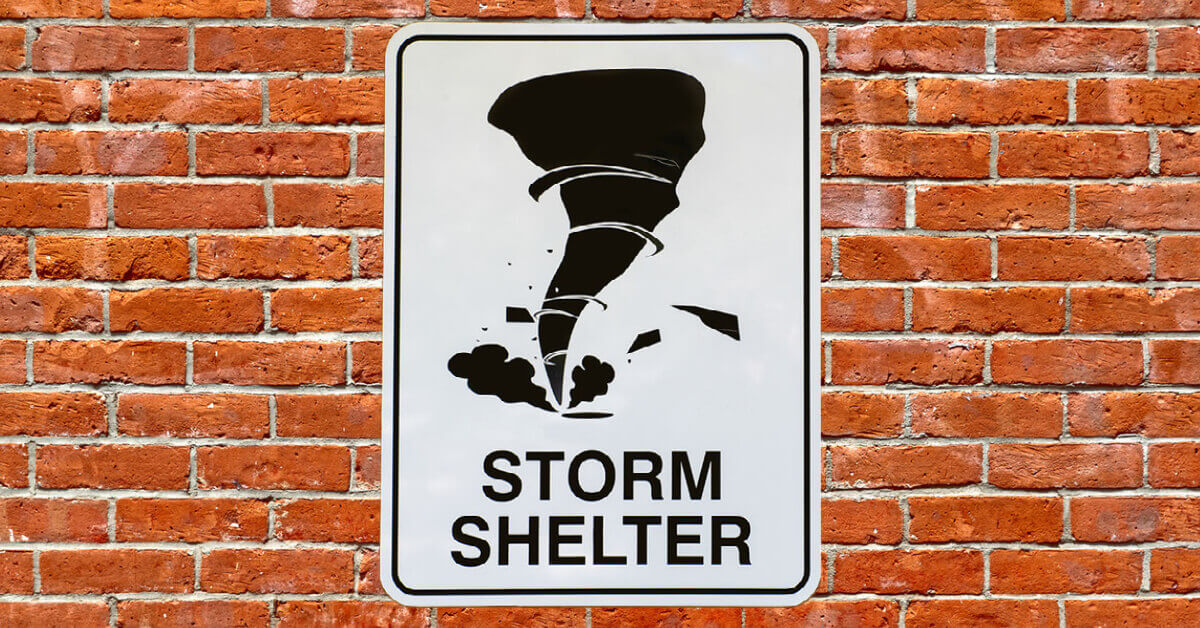
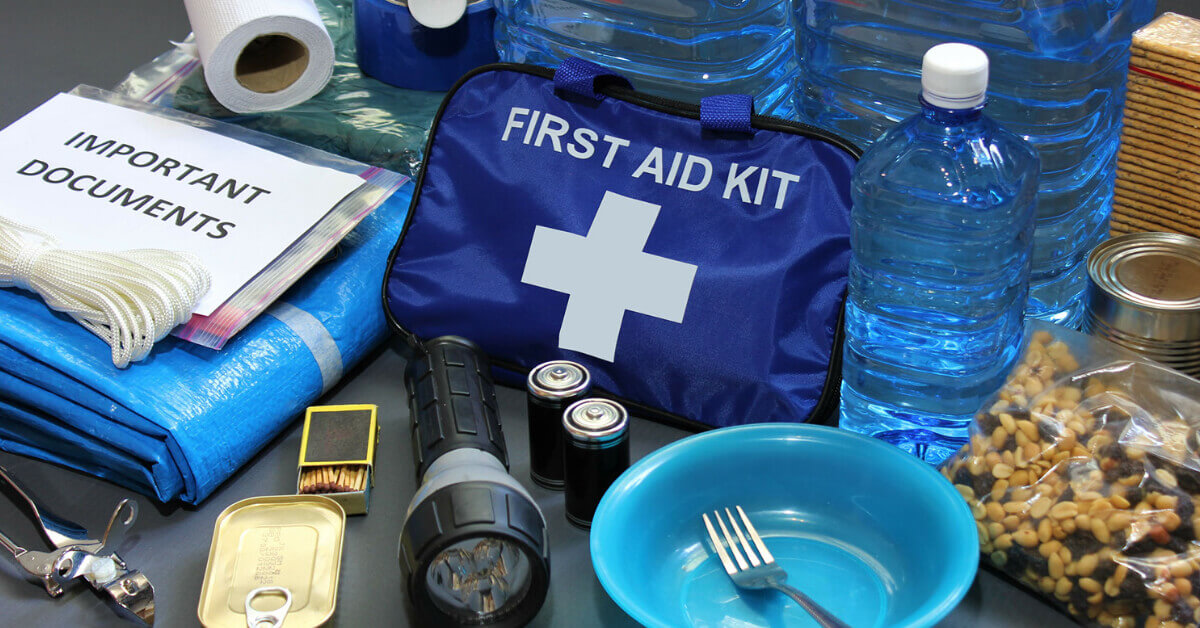
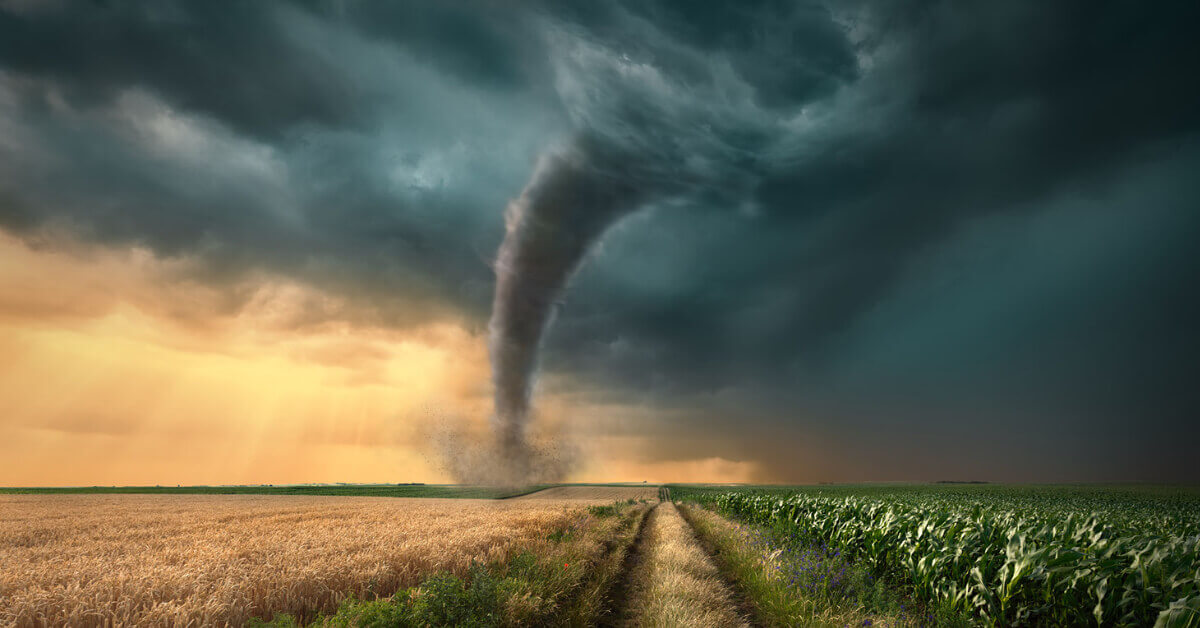

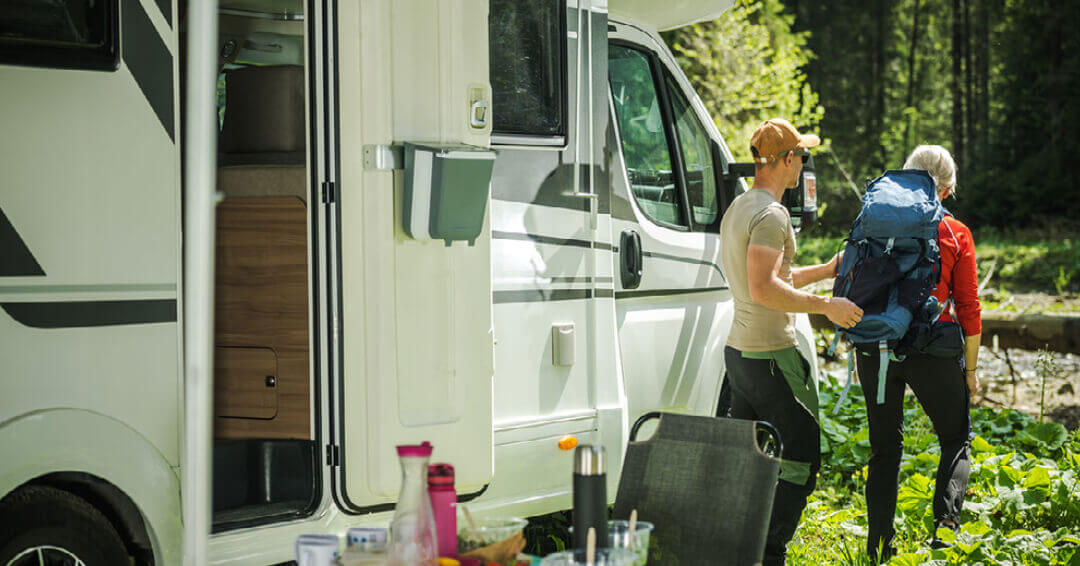
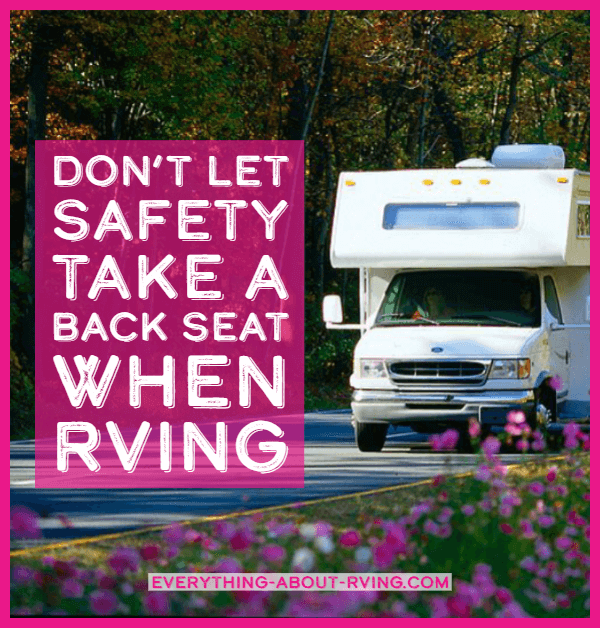
Comments
Do you have a comment on this topic? You can leave your comment in the box below.